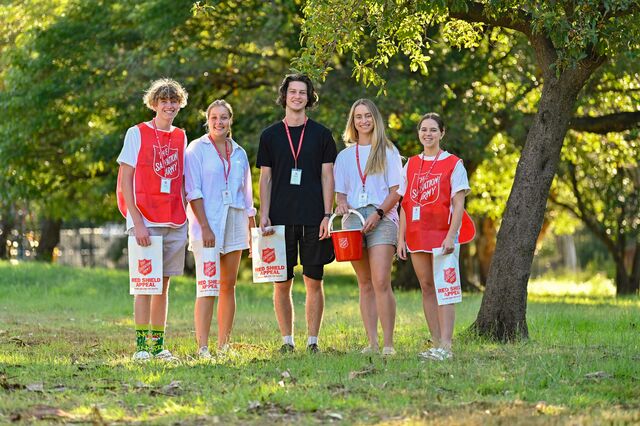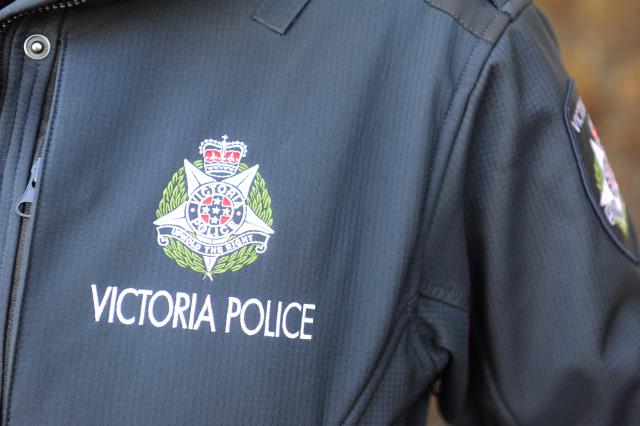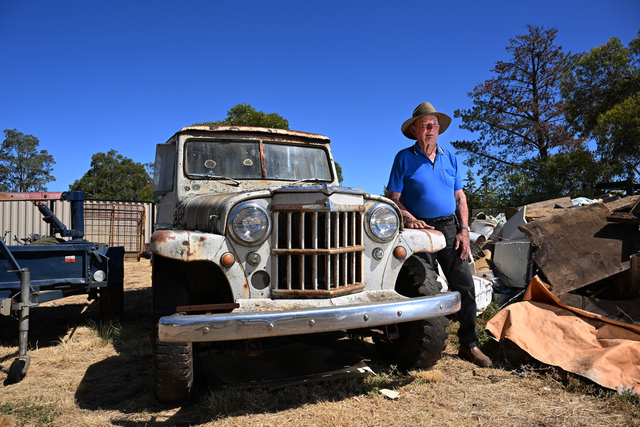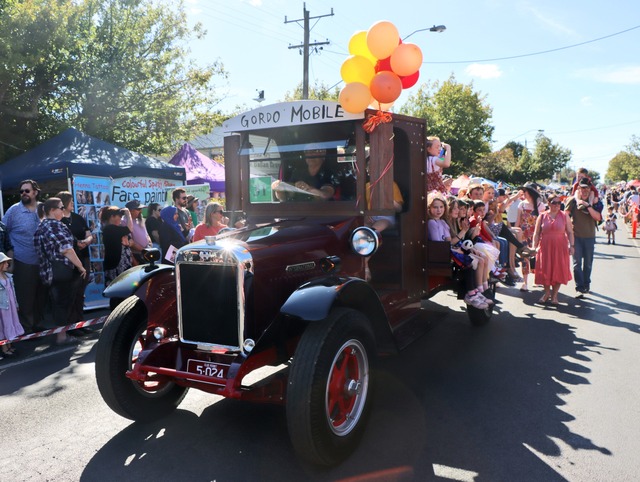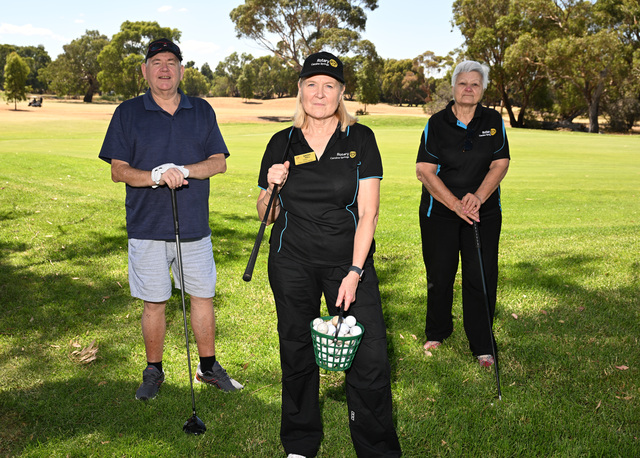The Salvation Army has highlighted the severe mental health toll inflicted by the current cost-of-living crisis on those they assist. According to new research, which surveyed more than 1,500 people who sought help from the Salvos’ Doorways Emergency Relief service in the past year, 68 per cent identified mental health as a primary challenge. Of these, 79 per cent reported that their mental health significantly hindered daily life, and 62 per cent frequently experienced loneliness.
Financial pressures emerged as a major contributor to these mental health issues:
Two-thirds (67 per cent) cited financial strain as detrimental to their mental wellbeing.
71 per cent struggled with sleep loss due to financial worries.
60 per cent noted financial hardship preventing them from spending time with loved ones.
40 per cent refrained from hosting guests to save on energy costs.
A 59-year-old recipient of Salvation Army support expressed, “My mental health has deteriorated markedly. I need new glasses, critical dental work, but worst is the loneliness.”
The research also revealed a cyclical impact of financial distress on mental health: 46 per cent couldn’t afford counseling for themselves, and 29 per cent faced barriers to accessing mental health care for their children.
Major Brendan Nottle of The Salvation Army emphasized the crucial role of their support services: “We are privileged to provide comprehensive assistance to individuals and families facing financial, emotional, and mental hardships.”
Beyond financial aid, pets played a vital role in emotional support for many: 77 per cent of pet owners reported reliance on their pets during tough times, and 64 per cent found their pets provided purpose in life. However, 57 per cent of pet owners admitted skipping meals to feed their animals.
The Salvation Army’s annual Red Shield Appeal aims to raise $38 million by June 30 to sustain their essential services nationwide, including accommodation, meals, and crisis support for vulnerable Australians.
Major Nottle urged public generosity: “Your support at tax-time is critical. Together, we can make a tangible impact in the lives of those who need it most.”
Each year, The Salvation Army assists:
One person every 17 seconds
Over 250,000 individuals through 1.67 million care sessions
More than 1.2 million bed nights and 1.63 million meals to those in need
Support to over 10,000 women and children at risk of family violence, including emergency accommodation.
Major Nottle concluded, “Your generosity transforms lives. We cannot continue our work without the support of caring Australians.”

